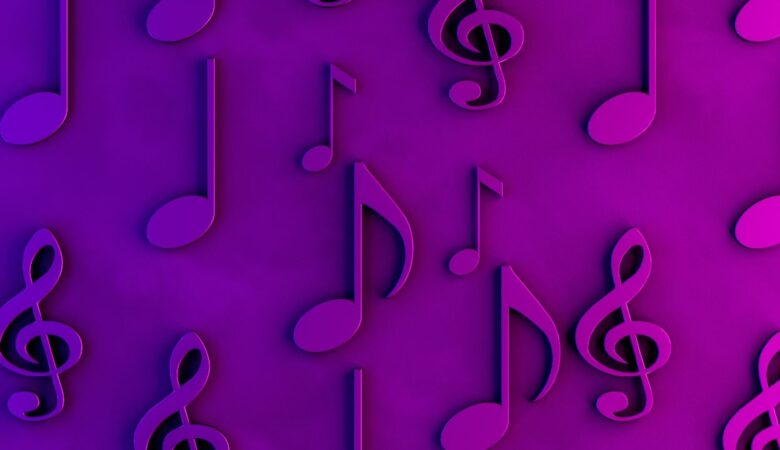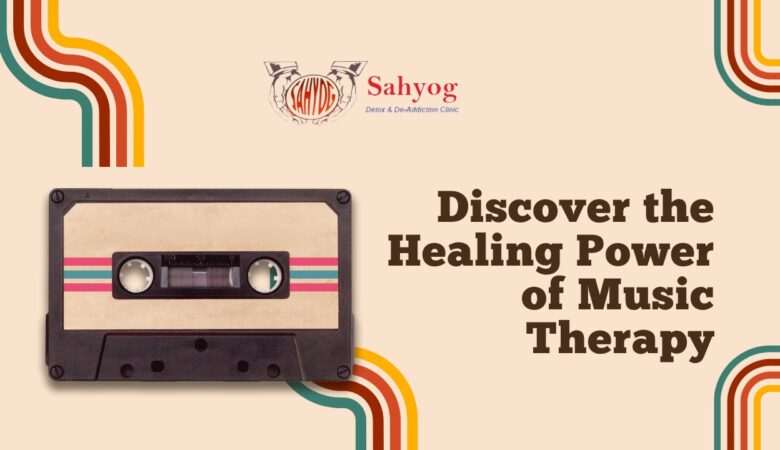Music Therapy: Harmonizing the Mind in Mental Health Recovery
Can you hear it? The soothing melodies that instantly calm your mind and lift your spirits. Music has a profound effect on our emotions, bringing us joy, comfort, and solace in moments of need. But did you know that music can also be used as a powerful therapy tool for mental health recovery? That’s right – music therapy is an innovative approach that harmonizes the mind, helping individuals navigate their journey towards healing and well-being. In this blog post, we will explore the wonders of music therapy and how it can transform lives. So sit back, relax, and let the healing power of music take hold! What is music therapy? What is music therapy, you ask? Well, it’s a specialized form of therapy that utilizes the power of music to improve mental and emotional well-being. It goes beyond just listening to your favorite tunes or singing along in the shower. Music therapists are trained professionals who strategically use various musical techniques to address specific therapeutic goals. In music therapy sessions, individuals actively engage with music through playing instruments, singing, composing melodies, or even simply immersing themselves in carefully curated playlists. The therapist creates a safe space where clients can express their emotions and explore their thoughts through the medium of sound. The beauty of music therapy lies in its ability to transcend language barriers and tap into our deepest emotions. It can provide an outlet for self-expression when words fail us. Through rhythm, melody, and harmony, music has the power to evoke memories, trigger positive emotions, reduce anxiety levels, and enhance overall mood. Music therapy is not limited to any particular genre or style; it encompasses a diverse range of musical genres tailored to suit individual preferences and needs. Whether it’s classical compositions soothing the soul or upbeat tunes igniting energy within – there’s something for everyone in this therapeutic realm. So why does it work? Well, research suggests that engaging with music activates multiple areas of our brain simultaneously – stimulating cognitive functioning while also triggering emotional responses. This holistic approach helps individuals develop coping skills for stress management while fostering self-awareness and personal growth. Music therapy offers a unique pathway towards healing by harnessing the innate power of music as both medicine and muse. So let us dive deeper into this captivating world where melodies become tools for transformation! The benefits of music therapy The benefits of music therapy are vast and varied, offering a unique approach to healing and mental health recovery. One of the most notable benefits is its ability to reduce stress and anxiety. Listening to calming melodies or engaging in musical activities can help calm the mind, lower heart rate, and promote relaxation. Music therapy also has the power to improve mood and uplift spirits. When we listen to music that resonates with us or participate in musical activities, our brain releases dopamine, a neurotransmitter associated with pleasure and reward. This release of dopamine can boost our mood, increase feelings of happiness, and provide an emotional outlet. Furthermore, music therapy can enhance communication skills and social interaction. Engaging in group sessions or collaborative musical experiences allows individuals to connect with others through shared interests and creative expression. This can be particularly beneficial for those who struggle with verbal communication or have difficulty forming relationships. Additionally, music therapy has been shown to improve cognitive function in individuals with various mental health conditions. Playing instruments or engaging in rhythm-based exercises stimulates neural pathways involved in memory retention, attention span, problem-solving abilities, and overall cognitive processing. How music therapy is used in mental health recovery Music has a unique power to connect with our emotions, memories, and thoughts. It can transport us to another time or place, evoke feelings of joy or sadness, and provide comfort in times of distress. Recognizing this power, music therapy has emerged as an effective treatment for individuals seeking mental health recovery. So how exactly is music therapy utilized in the context of mental health? Well, it involves a trained therapist using various musical interventions to address specific therapeutic goals. These goals may include improving emotional expression and regulation, enhancing communication skills, reducing anxiety and stress levels, and promoting overall well-being. One technique commonly employed in music therapy is songwriting. Through the process of creating lyrics and melodies that reflect personal experiences or emotions related to their mental health journey, individuals can gain insights into their own thoughts and feelings. This creative outlet allows them to express themselves freely without judgment. Another technique often used is guided imagery with music (GIM). This involves listening to carefully selected pieces of music while engaging in visualization exercises led by the therapist. By stimulating the imagination through these auditory cues, GIM helps individuals explore their inner world and access deeper levels of self-awareness. In addition to these techniques, listening sessions where clients simply listen attentively to certain types of music are also beneficial. The calming melodies can help reduce anxiety levels while providing a sense of comfort and relaxation. It’s important to note that music therapy should always be tailored according to each individual’s needs and preferences. Different genres or styles may resonate more strongly with different people; what brings one person peace might cause agitation for someone else. Overall, music therapy offers a holistic approach that goes beyond traditional talk therapies alone. It taps into the universal language of sound, making it accessible even when words fail. This powerful tool empowers individuals on their journey towards mental wellness, and serves as a reminder that healing comes from within. Music therapy techniques Music therapy techniques encompass a wide range of methods and approaches that therapists use to help individuals in their mental health recovery journey. One commonly used technique is guided imagery, where therapists encourage patients to imagine specific scenarios or visuals while listening to music. This can evoke certain emotions and help individuals explore their feelings in a safe and creative way. Another technique is songwriting, where individuals are encouraged to express themselves


